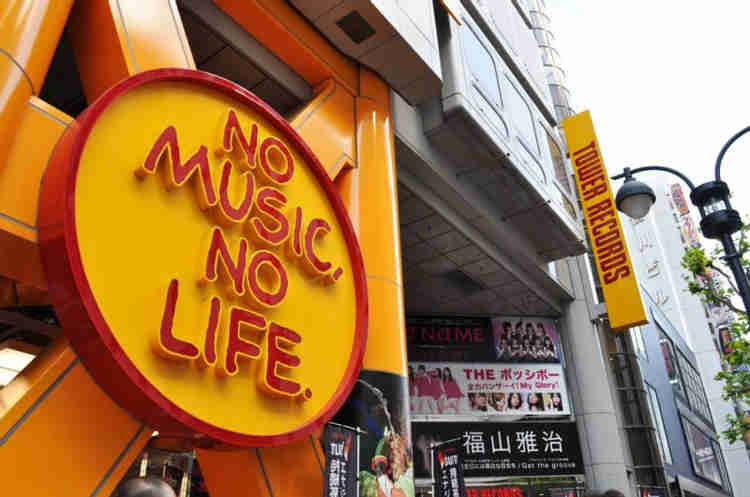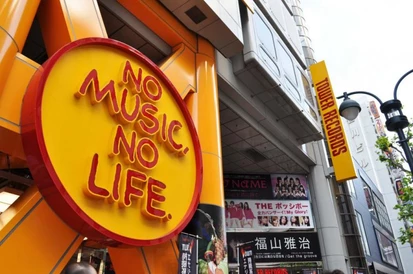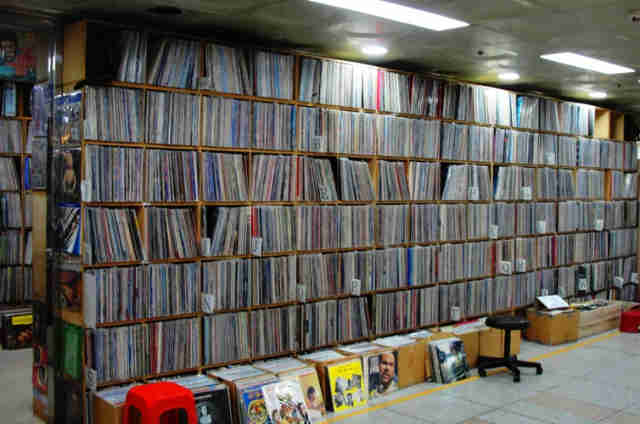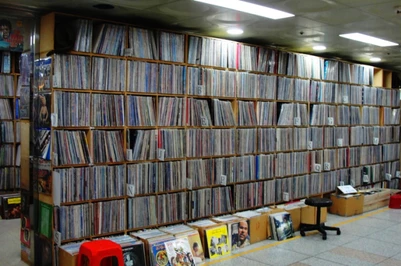Vinyl and CDs have seen a resurgence in the past few years, what’s triggering it?
For people born before the 1980’s it represents the way we use to consume music. The thought of purchasing the latest release from one of your idol, the trip to the record store, the browsing, reading the credits in the back of the CD or LP, purchasing your product, going back home, unwrapping it, putting it for the first time on the turntable or CD player to finally discover the music.
All of this is anticipation, a huge part of music consumption for those over 40.
There is something difficult to describe about the touching of a record sleeve or a CD case, the reading of the stories, how the music came about.
For those born after the 1980’s, it is the discovery of a time that once was. The commitment of buying a handful of tunes in one album rather than selecting the one trending on a digital music platform, and appreciating the anticipation described above.
The new millennium, the outstanding technological progress, the universal availability of music online has forced record stores small and large to close doors. The big names such as Tower Records or HMV once available in all major cities in the US and the western world have disappeared and the resurgence of physical music purchase is not quite enough yet to re-open those stores.
There is however one bastion where browsing for music in stores never weakened.


Japan is paradise for music lovers, the last place on earth where Tower Records and HMV still do business. 80% of the music consumed in Japan comes from CDs and LPs sales. It has nothing to do with prices, a CD sold in Japan is twice as expensive than anywhere else in the world. There is 1 music store for every 21K Japanese, in the US, it is 1 for every 184K Americans, The United States are the largest music market in the world, and the stores in the US are small independent music shops owned by passionate people who often have a hard time to survive.
Why Japan has resisted the switch to all digital?
Part of it is the complexity with which the record labels and platform execs have imposed their music licensing model for music online. Another reason is the limited amount of info you get when selecting 1 track from a streaming platform, another important reason in my opinion is cultural. If you have traveled to Japan, you may have noticed beyond the overall exotic landscape and way of life such as the use of vending machines for just about anything, that Japanese like to do things differently. They like to be the first to introduce a new technology and make the world longing for it. If they notice a trend in vogue in the Western world, they may not jump in the bandwagon that easily.
As a foreigner, visiting Japan as a tourist is easy. Obtaining permission to work in Japan is very difficult, getting the Japanese citizenship is close to impossible. The government is suspicious of your reasons to become a citizen. They have an ancestral culture they are very proud of and are afraid that too much mixing with other cultures would dilute their own.


If you are a pre-owned or vintage vinyl digger, Tokyo is your town and especially 2 neighborhoods: Shibuya and Shimokitazawa but be careful, if you start digging, you won’t have time for anything else.
While the sales of CDs and Vinyls are striving in Japan, can we experience a come back in the West?
As much as I would like it, It seems unlikely.
For people born before the 1980’s it represents the way we use to consume music. The thought of purchasing the latest release from one of your idol, the trip to the record store, the browsing, reading the credits in the back of the CD or LP, purchasing your product, going back home, unwrapping it, putting it for the first time on the turntable or CD player to finally discover the music.
All of this is anticipation, a huge part of music consumption for those over 40.
There is something difficult to describe about the touching of a record sleeve or a CD case, the reading of the stories, how the music came about.
For those born after the 1980’s, it is the discovery of a time that once was. The commitment of buying a handful of tunes in one album rather than selecting the one trending on a digital music platform, and appreciating the anticipation described above.
The new millennium, the outstanding technological progress, the universal availability of music online has forced record stores small and large to close doors. The big names such as Tower Records or HMV once available in all major cities in the US and the western world have disappeared and the resurgence of physical music purchase is not quite enough yet to re-open those stores.
There is however one bastion where browsing for music in stores never weakened.


Japan is paradise for music lovers, the last place on earth where Tower Records and HMV still do business. 80% of the music consumed in Japan comes from CDs and LPs sales. It has nothing to do with prices, a CD sold in Japan is twice as expensive than anywhere else in the world. There is 1 music store for every 21K Japanese, in the US, it is 1 for every 184K Americans, The United States are the largest music market in the world, and the stores in the US are small independent music shops owned by passionate people who often have a hard time to survive.
Why Japan has resisted the switch to all digital?
Part of it is the complexity with which the record labels and platform execs have imposed their music licensing model for music online. Another reason is the limited amount of info you get when selecting 1 track from a streaming platform, another important reason in my opinion is cultural. If you have traveled to Japan, you may have noticed beyond the overall exotic landscape and way of life such as the use of vending machines for just about anything, that Japanese like to do things differently. They like to be the first to introduce a new technology and make the world longing for it. If they notice a trend in vogue in the Western world, they may not jump in the bandwagon that easily.
As a foreigner, visiting Japan as a tourist is easy. Obtaining permission to work in Japan is very difficult, getting the Japanese citizenship is close to impossible. The government is suspicious of your reasons to become a citizen. They have an ancestral culture they are very proud of and are afraid that too much mixing with other cultures would dilute their own.


If you are a pre-owned or vintage vinyl digger, Tokyo is your town and especially 2 neighborhoods: Shibuya and Shimokitazawa but be careful, if you start digging, you won’t have time for anything else.
While the sales of CDs and Vinyls are striving in Japan, can we experience a come back in the West?
As much as I would like it, It seems unlikely.



 I still like CDs and DVDs, always have. It's not just "purchasing your product, going back home, unwrapping it, putting it for the first time on the turntable or CD player to finally discover the music," it's the sense of physical ownership. Having an song, album, or movie residing on a server in some high tech basement somewhere is not the same. When it comes to vinyl albums I miss the extensive liner notes, the artwork and the extras like posters.
I still like CDs and DVDs, always have. It's not just "purchasing your product, going back home, unwrapping it, putting it for the first time on the turntable or CD player to finally discover the music," it's the sense of physical ownership. Having an song, album, or movie residing on a server in some high tech basement somewhere is not the same. When it comes to vinyl albums I miss the extensive liner notes, the artwork and the extras like posters. and her grandchildren certainly do not know her as someone who would have listened to Chuck Berry, let alone stolen one of his records from her flatmate!
and her grandchildren certainly do not know her as someone who would have listened to Chuck Berry, let alone stolen one of his records from her flatmate!  You'll never get that kind of inter-generational WTF? experience with an MP3 file.
You'll never get that kind of inter-generational WTF? experience with an MP3 file.